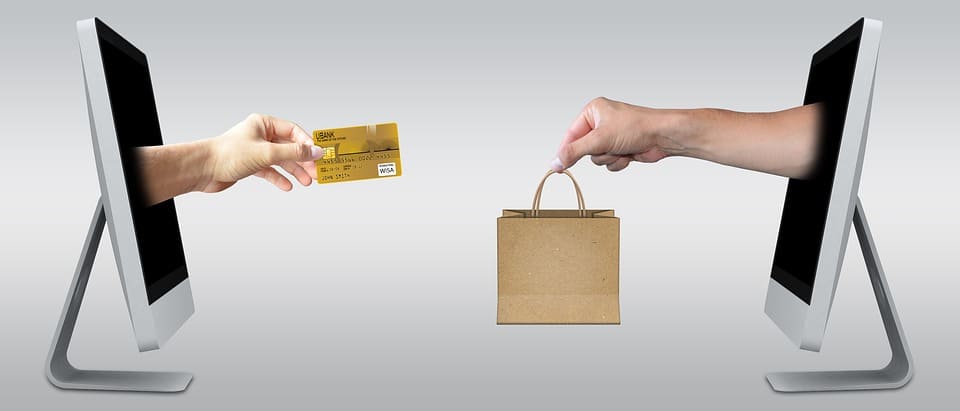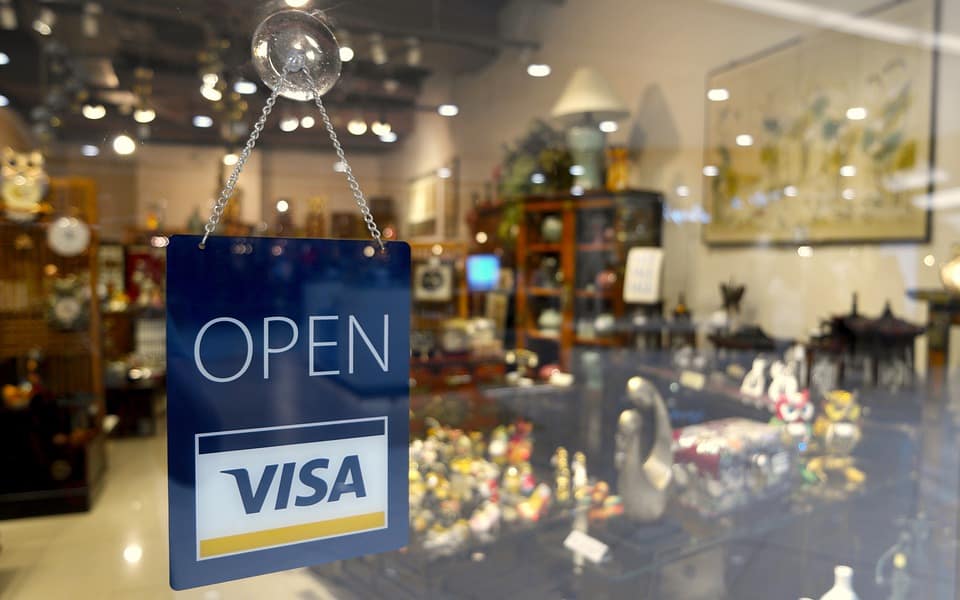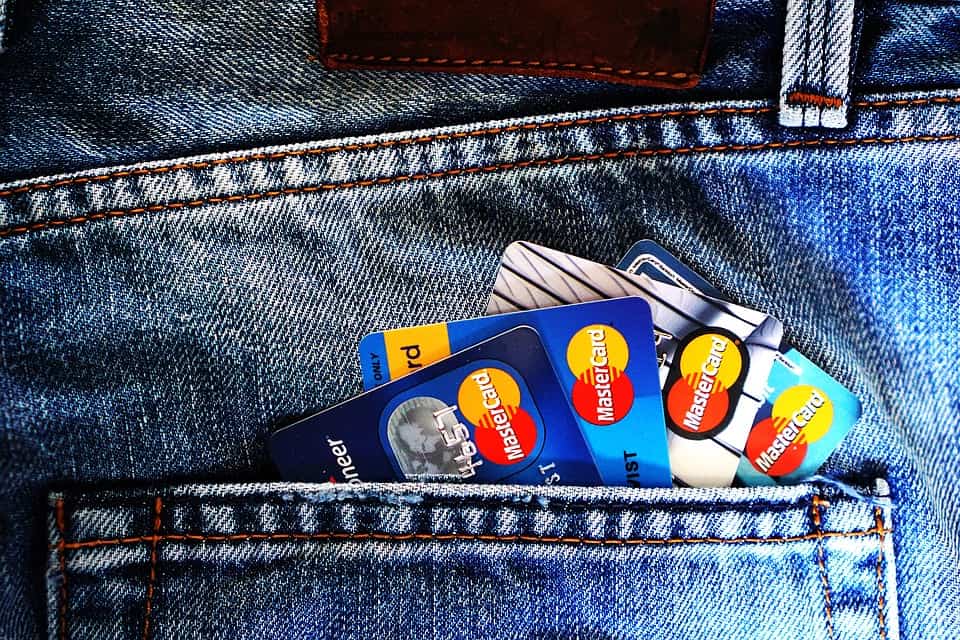When you think about credit cards, you might feel a bit overwhelmed with all the opportunities you’re now open to because of that one piece of plastic. On one hand, it does provide you a lifestyle upgrade and you can get whatever you need or want. On the other hand though, misusing the power of a credit card can land you in debt and financial insecurity.
Before you get a credit card, you have to know why, how, and what a credit card can do for you, and how you can avoid drowning in debt. Here are three questions to ask so you can be a responsible credit card owner.
Q1: Why should I get a credit card?
A credit card is a convenient piece of plastic that allows you to get items now and pay for them later. If you want to get a brand new smartphone that costs P35,000, for example, you can simply swipe your credit card and start using the phone right away.
Credit cards also help you in dire situations when cash isn’t enough. When your son gets injured during basketball practice and you have to take him to the ER, you can pay for hospital services using a credit card.
If you travel frequently, it’s important that you have a credit card since many retail establishments and hotels abroad require you to pay through credit card. Without your credit card, you can’t reserve for your accommodations.
Q2: How do I get the best credit card deal?
There are several factors to evaluate when you want to get a credit card, and some offers are better than others. When you want to apply for a credit card, think of the following:
- nnual Fees: Most credit card issuers require you to pay an annual fee, which can range between P1,000-P2,000. There are a few issuers that don’t have annual fees, but they have small credit limits and are usually for those just starting how to use credit cards.
- Customer Service: This is often the make-or-break factor since individuals with credit card issues want to talk to an ‘expert’ about credit cards and not someone hired to say a few lines from a script. Most banks have toll-free numbers that you can call anywhere in the world.
- Credit Card Benefits: Credit cards often partner up with retail brands, airline companies and other establishments for their rewards program. For example, certain credit cards allow you to convert your credit card points to airline points so you can travel for less (or free!). Another way these rewards programs can work is when you purchase items that cost a certain amount in a single receipt, you can get freebies or discounts with partner establishments. The rewards program should be something that fits your lifestyle.
Q3: How can I use a credit card responsibly?

Owning a credit card can be handy in tricky situations, and there are many rewards one can have when they use cards for a purchase. It’s a tool for cashless transactions like in most online purchases, and monitoring your expenses in an organized manner. However, these perks come with responsibilities.
Let’s say you want to buy a brand new laptop that costs P42,000. You pay through credit, and you get a 15% discount because you used a credit card partner. Once you pay for your dream laptop, you calculate how many months it will take you to pay it off. You think it will take you six months to do so.
Because you can’t pay the required amount in full by the next cut-off, you’ll have to pay what you can plus an interest rate every month until you’ve fully paid for the laptop.
- Avoid splurging. It may sound like what our parents would say, but many credit card users do have a difficult time paying for their impulse buys by the time the bills come in. A credit card is basically borrowed money that you have to return at the agreed time.
- Pay what’s due. You’ll find in every bank statement that you’ll need to pay a minimum amount. No matter how enticing it is to pay the minimum amount, don’t. Pay what you owe the bank and avoid swimming in debt. Even if you pay half of your bill, you’ll be charged interest, which can add on each time you don’t pay the entire amount.
- Review your billing statement carefully. Before paying your bill, double check your purchases if they are indeed correct. Some individuals would scan their receipts and put them in a folder on their computer. They check the bill vis-a-vis the receipts if they are accounted for. If it’s all correct, go ahead and pay. If there is a discrepancy, immediately call your bank and let them investigate the matter.

Knowing what a credit card can do for you, as well as its limits, can lead you to be more financially secure and successful. If you already have a credit card, but you don’t exactly know how to use it, use this guide to find out how you can responsibly use your credit card when you’re ready to make a purchase. Being financially successful starts with asking questions about why you should use such materials, and how to spend responsibly.

